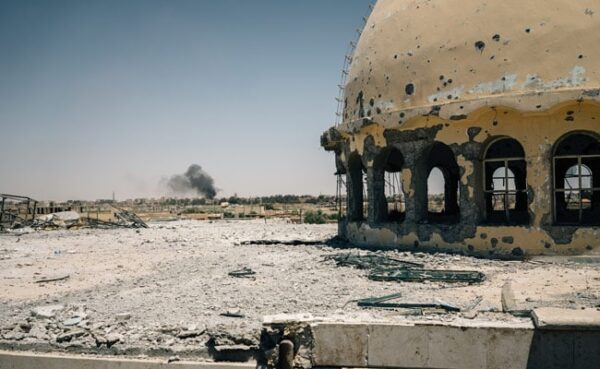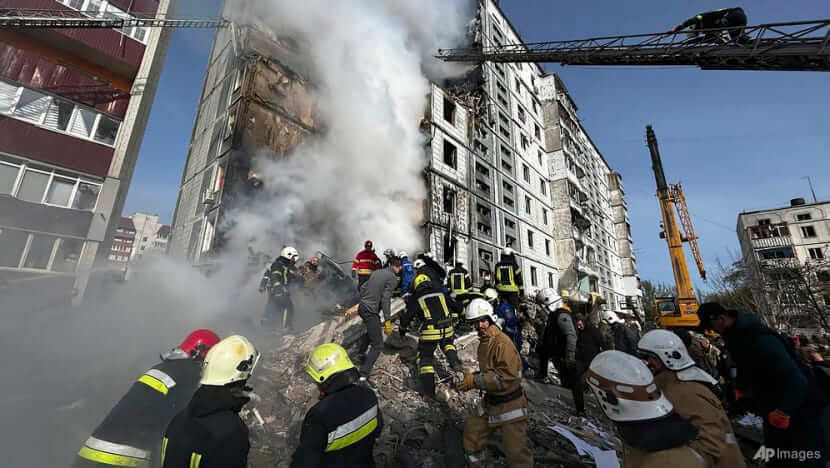New York) – Taliban forces in Afghanistan have pithily executed or forcefully faded further than 100 former police and intelligence officers in just four businesses since taking over the country on August 15, 2021, despite a placarded remittal, Human Rights Watch said in a report released moment.
The 25- runner report, “‘ No Remission for People Like You,’ Prosecutions and Executed Discoveries in Afghanistan under the Taliban,” documents the payoff or exposure of 47 former members of the Afghan National Security Forces (ANSF) – military help, police, intelligence service members, and host – who had surrendered to or were restrained by Taliban forces between August 15 and October 31. Human Rights Watch gathered believable information on further than 100 killings from Ghazni, Helmand, Kandahar, and Kunduz businesses alone.
“ The Taliban leadership’s promised remittal has not stopped original commanders from pithily executing or fading former Afghan security force members,” said Patricia Gossman, associate Asia director at Human Rights Watch. “ The burden is on the Taliban to help farther killings, hold those responsible to regard, and compensate the victims’ families.”
Human Rights Watch canvassed 40 people in-person in the four businesses and another 27 by telephone, videlicet substantiations, cousins and musketeers of victims, former government officers, intelligencers, healthcare workers, and Taliban members. A Taliban commander said that those responsible for atrocities “ can not be forgiven.”
The Taliban leadership has directed members of surrendering security force units to register to admit a letter guaranteeing their safety. Still, Taliban forces have used these wireworks to detain and pithily execute or forcefully vanish people within days after they register, leaving their bodies for their cousins or communities to find.
The Taliban have also been suitable to pierce employment records that the former government left before, using them to identify people for arrest and prosecution. In just one illustration, in Kandahar megacity in late September, Taliban forces went to the home of Baz Muhammad, who had been employed by the National Directorate of Security (NDS), the former state intelligence agency, and arrested him. Cousins latterly plant his body.
The Taliban have also carried out vituperative hunt operations, including night raids, to apprehend and, at times, forcefully vanish suspected former officers.
“ Taliban night raids are intimidating,” a civil society activist from Helmand fiefdom said. “ They’re conducted on the rationale of disarmingex-security forces who haven’t surrendered munitions. Those that‘ vanish’are ( victims) of night raids. The family ca n’t report or confirm. The families ca n’t indeed ask where (the person has been taken).”
During quests, the Taliban frequently hang and abuse family members to make them reveal the whereabouts of those in caching. Some of those ultimately restrained have been executed or taken into guardianship without acknowledgment that they’re being held, or information about their position.
The Taliban’s intelligence department in Helmand detained Abdul Raziq, a former parochial military officer, after he’d surrendered in late August. Since also, his family has been unfit to find out where he’s being held, or if he’s still alive.
The prosecutions and discoveries have generated fear among former government officers and others who might have believed that the Taliban preemption would bring an end to the vengeance attacks that had been characteristic of Afghanistan’s long fortified conflict.
Particularly in Nangarhar fiefdom, the Taliban have also targeted people they charge of supporting the Islamic State of Khorasan Province (ISKP, an chapter of the Islamic State, also known as ISIS). As the United Nations has reported, Taliban operations against ISKP “ calculate heavily onextra-judicial detentions and killings.” Numerous of those killed have been targeted because of their Salafist views, or their particular ethnical confederations.
On September 21 the Taliban blazoned the establishment of a commission to probe reports of mortal rights abuses, corruption, theft, and other crimes. The commission has not blazoned any examinations into any reported killings, although it did report on the arrest of several Taliban members for stealing, and the redundancy of others for corruption. In a November 21 response to Human Rights Watch’s findings, the Taliban said that they’ve dismissed those responsible for abuses but handed no information to corroborate their claim.
“ The Taliban’s unsubstantiated claims that they will act to help abuses and hold abusers to regard appears, so far, to be nothing further than a public relations trick,” Gossman said. “ The lack of responsibility makes clear the need for continued UN scrutiny of Afghanistan’s mortal rights situation, including robust monitoring, examinations, and public reporting.”



